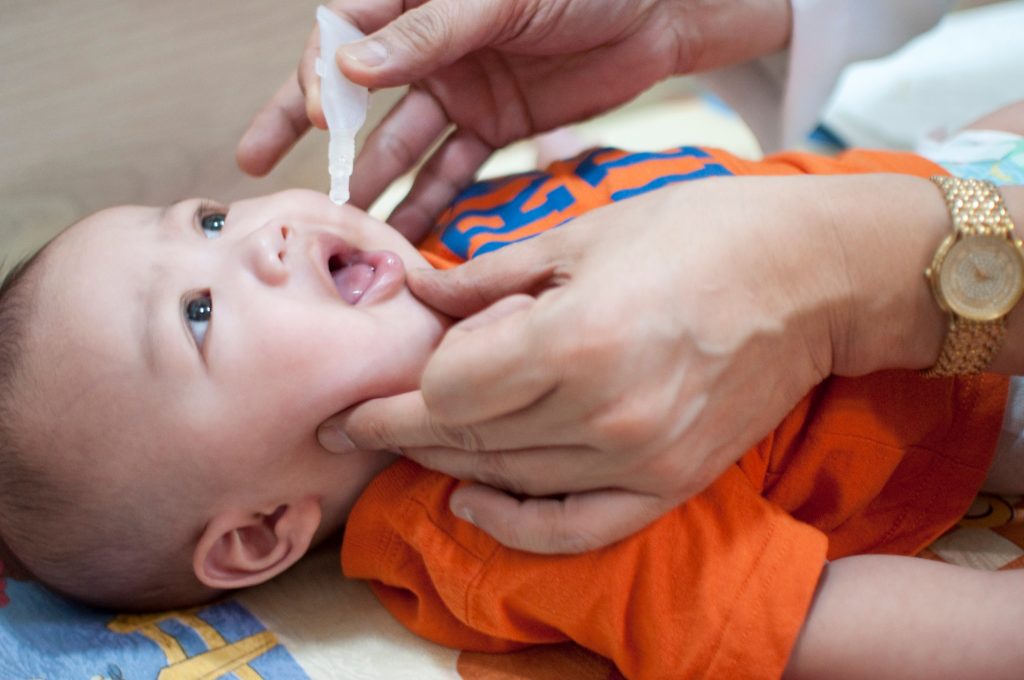
HHS a leader in World Health Organization SMART Guidelines for Immunization Project
Hamilton Health Sciences (HHS) is leading a global team to help countries use online tools to track their routine vaccination efforts against diseases such as measles, mumps, polio and more.
The World Health Organization’s (Standards-based, Machine-readable, Adaptive, Requirements-based, and Testable) SMART Guidelines for Immunizations project will be developed in collaboration with a Canadian consortium that includes:
- Hamilton Health Sciences’ Centre for Data Science and Digital Health (CREATE);
- Canada Health Infoway;
- Canadian Institute for Health Information (CIHI);
- IntelliSOFT Consulting Limited, a Kenyan digital health software development and consulting firm;
- SantéSuite, a Canadian immunization management system software company;
- PuraJuniper, a Canadian digital solutions firm and
- Liz Peloso, an advisor who led global immunization initiatives with the Bill and Melinda Gates Foundation.
IntelliSOFT and SantéSuite bring deep experience with healthcare software deployment in low- and middle-income countries.
Building global digital systems
“The idea here is to automate the management of vaccination guidelines.”
“This project will help build digital systems for tracking and storing immunization information,” says Ted Scott, HHS Vice-President, Research, and Chief Innovation Officer. “HHS and the CREATE team are uniquely positioned to lead the consortium, with healthcare experts in artificial intelligence, data sciences and software engineering. The idea here is to automate the management of vaccination guidelines so we can report against them and identify barriers to care for patients around the world – including in Canada, which has quite a fragmented system.”
The World Health Organization has a five-layer SMART guidelines methodology for mobilizing clinical guidelines within routine digital health systems. Development of the digital adaptation kit is step two for any global project of this scope.
“The WHO is trying to address the challenges of bringing to life in the digital era medical guidelines published in paper format,” says Dr. Garrett Mehl, Director a.i., Digital Health and Innovation Department of the World Health Organization. “We want to give countries a standardized way to move from paper to digital, which supports data sharing across linked systems. SMART guidelines introduce essential content and coding standards and map out the care protocols in a computable format, allowing for use in any digital system. The goal is to make it easier to implement digital approaches consistent with WHO guideline recommendations at national scale, while still allowing adaptation to localized needs.”
Better understanding to provide basic health care
“Collaborating on this project has the potential of enabling better health outcomes in Canada as well.”
Any solution will need to be globally adaptable to low- or high-resource settings.
“These SMART guidelines have the potential to strengthen population health in low- and middle-income countries,” says IntelliSOFT lead Steven Wanyee. “During this pandemic, I have seen strong evidence of the acceptance, adoption, and use of digital health solutions around the world, even where there have been seemingly insurmountable barriers.”
Here in Canada, the SMART guidelines approach will make a difference to vaccination tracking, allowing governments to better understand and serve people who haven’t been able to access this basic health care tool.
“At Canada Health Infoway, our goal is to make health care more digital to facilitate faster, more seamless and secure information sharing,” says Shelagh Maloney, Executive Vice President, Engagement and Marketing. “Collaborating on this project with our global partners has the potential of enabling better health outcomes in Canada as well.”
The project runs from September 2021 to March 2022.
– 30 –
For more information, please contact:
Wendy Stewart
Communications & Public Affairs
stewartwen@hhsc.ca
